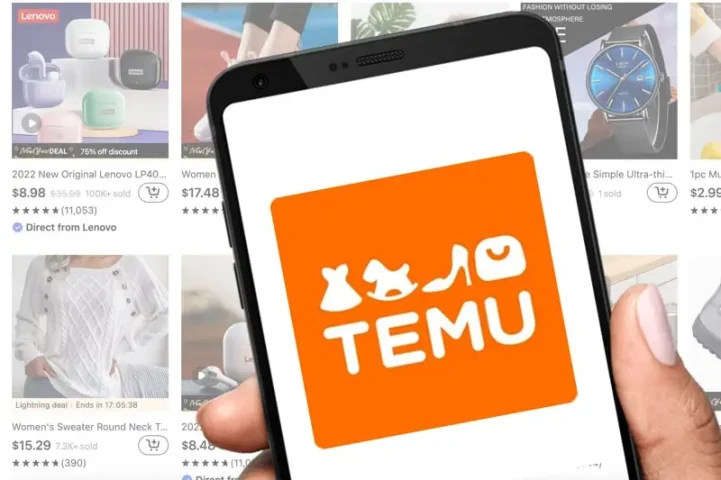In Indonesia, success requires more than just competitive pricing. Chinese e-commerce giant Temu learned this the hard way when the Indonesian government banned the online shopping platform.
Authorities instructed tech giants Google and Apple to remove Temu from its app stores after the platform’s registration was rejected earlier this year.
Why did Indonesia ban Temu?
The ban is a pre-emptive strike on Indonesia’s part to protect local small and medium-sized businesses from what officials fear could become a flood of low-priced imported products.
Simon Torring, co-founder of Singapore-based Cube Asia, tells Inside Retail: “The core issue for Temu’s ability to operate in Indonesia is its near-complete reliance on imported goods.”
“That simply violates Indonesia’s policy stance of seeking to curb consumer imports of non-essential goods.”
Temu could survive the ban by adopting a marketplace model similar to its competitors – Singapore-based Sea Group’s Shopee, and Lazada, Alibaba Group Holding’s Southeast Asian arm.
Shopee and Lazada work with local merchants rather than relying on direct Chinese imports.
Impact of the ban in Southeast Asia
Analysts say the ban won’t spread to other countries in Southeast Asia. CEO of Momentum Works, Li Jianggan, tells the South China Morning Post that “Indonesia’s economic structure is unique.”
While Indonesian authorities are concerned about local businesses, other Southeast Asian governments face “different considerations.”
Local businesses serve as the “backbone of the economy and major source of employment [in Indonesia], which draws particular attention from the government,” said Li.
Temu is still operating in the Philippines, Malaysia, Thailand, Vietnam, and Brunei, albeit on a smaller scale.
‘Fair competition’
Indonesia isn’t the only country taking action against the influx of “cheap” products. Earlier this year, Germany’s retail association, Handelsverband Deutschland (HDE), called on politicians to implement stricter e-commerce regulations and strengthen custom processes.
The HDE called for every purchase made from a digital platform to be registered before entering the country.
The retail association also argued that political intervention is needed to ensure fair competition from “cheap marketplaces” like Temu and Shein.
Temu still a popular choice
Data from Similarweb shows that Temu is the world’s second-most popular online marketplace. It averaged about 662.5 million monthly visits, second only to Amazon’s 2.7 billion visits.
According to PYMNTS, Temu has a user base of approximately 70 million US shoppers.
NOW READ: Temu crackdown: The call for fair play in e-commerce
About the author
Cheryl has contributed to various international publications, with a fervor for data and technology. She explores the intersection of emerging tech trends with logistics, focusing on how digital innovations are reshaping industries on a global scale. When she's not dissecting the latest developments in AI-driven innovation and digital solutions, Cheryl can be found gaming, kickboxing, or navigating the novel niches of consumer gadgetry.












